The recent victories of various armed groups against the Myanmar military in the 1027 Operation are growing increasingly showing characteristics of military regimes, with some even demonstrating behaviors of local warlordism.
This pattern is particularly widespread among the members of the Three Brotherhood Alliance (3BHA), which encompasses the Myanmar National Democratic Alliance Army (MNDAA), the Ta’ang National Liberation Army (TNLA), and the Arakan Army (AA), as well as their alliances, including the Danu Army, the Democratic People’s Liberation Front (DPLF), the People’s Liberation Army (PLA), the Bamar People’s Liberation Army (BPLA), Mandalay-based Madaya PDF, and Barmar Liberation Democratic Front (BLDF). This practice is significantly concerning, as it can fragment Myanmar into a collection of autonomous states.
However, according to Dr. Morten B. Pedersen, a senior lecturer in International Politics at the University of New South Wales Canberra (Australian Defence Force Academy), it is too much to be concerned about the likelihood of the country being fragmented into separate states. Additionally, it is difficult to determine whether it would be a true federal state.
This is because these 3HBA groups have fought against the Myanmar military for decades and have never achieved such victories like this. They were able to achieve such significant gains only because they had people baking them. Thus, their victories are only rooted in the trust and support of the people.
So, their legitimacy must be established through governance, rather than solely through their military power. For instance, the United States. It was not through military force that the United States ruled; rather, it was founded on democratic principles and the distribution of power to the people.
In order to establish a true federal democracy, such groups must prioritize the needs of the people. This involves fostering the advancement of political dialogue, the drafting of a new constitution, and the guarantee that the citizenry ultimately holds the power. Failing to do so could result in public retaliation, which would mirror the resistance they have shown against the military junta.
Myanmar’s journey toward stability and unity is filled with difficulties. The armed groups that currently control particular areas must resist the urge to imitate the oppressive strategies of the regime they overthrew. Rather, they should adopt a course of inclusive governance and political negotiation. They can only then aspire to establish a nation that is based on the will of the people and democratic principles.





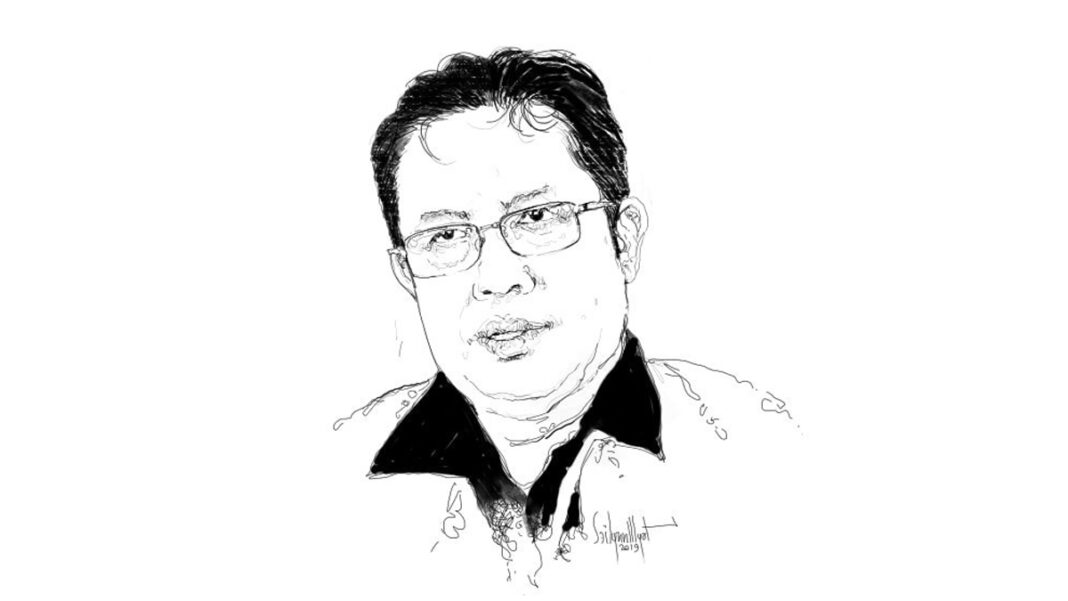
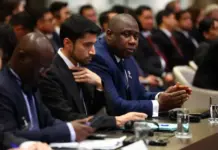
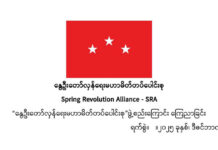
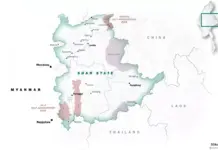
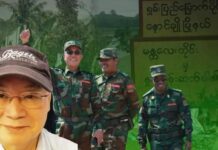
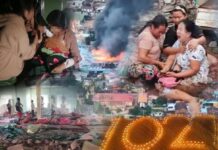




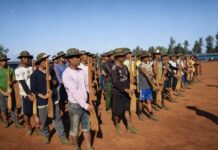

Leave a Comments